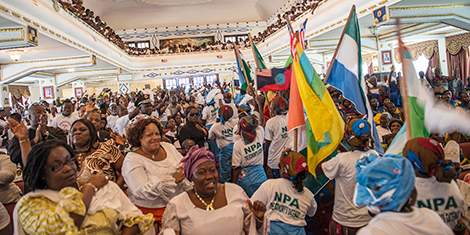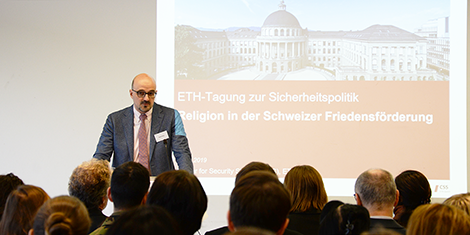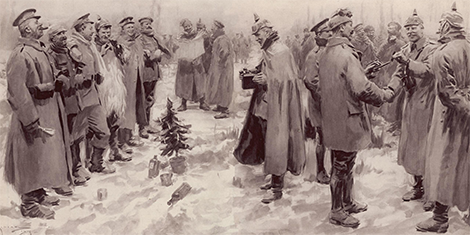Image courtesy of United Nations Photo/Flickr. (CC BY-NC-ND 2.0)
Mediation Perspectives is a periodic blog entry that’s provided by the CSS’ Mediation Support Team and occasional guest authors. Each entry is designed to highlight the utility of mediation approaches in dealing with violent political conflicts. To keep up to date with the Mediation Support Team, you can sign up to their newsletter here.
Ongoing efforts to professionalize the field of mediation have focused upon the collection of lessons learned and good practice to better inform mediation strategies. My recently published study on “Peace Agreement Provisions and the Durability of Peace” seeks to contribute to this effort by analyzing quantitative research on the empirical relationship between the content of civil war peace agreements and the subsequent duration of peace. In my experience, this is an area of direct practical relevance to mediators, who can and do influence the design of peace agreements through introducing options from comparative cases, making bridging proposals or even occasionally drafting texts.





